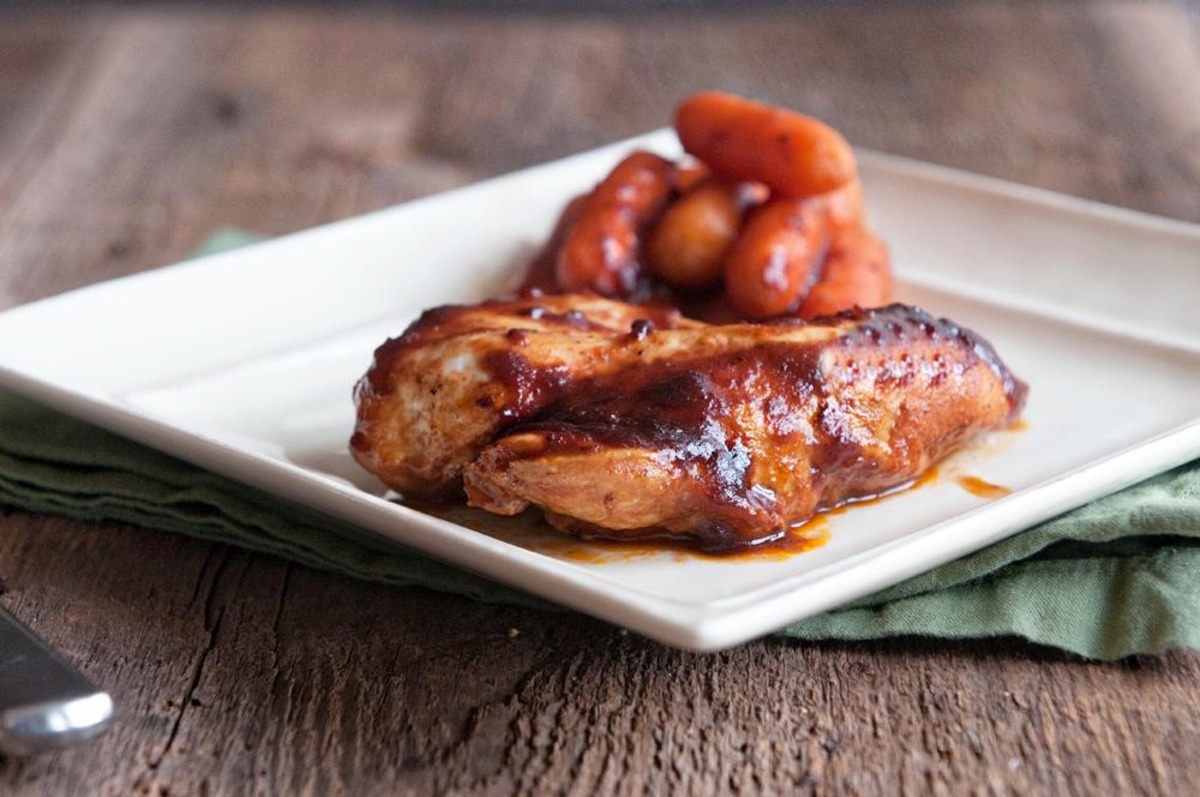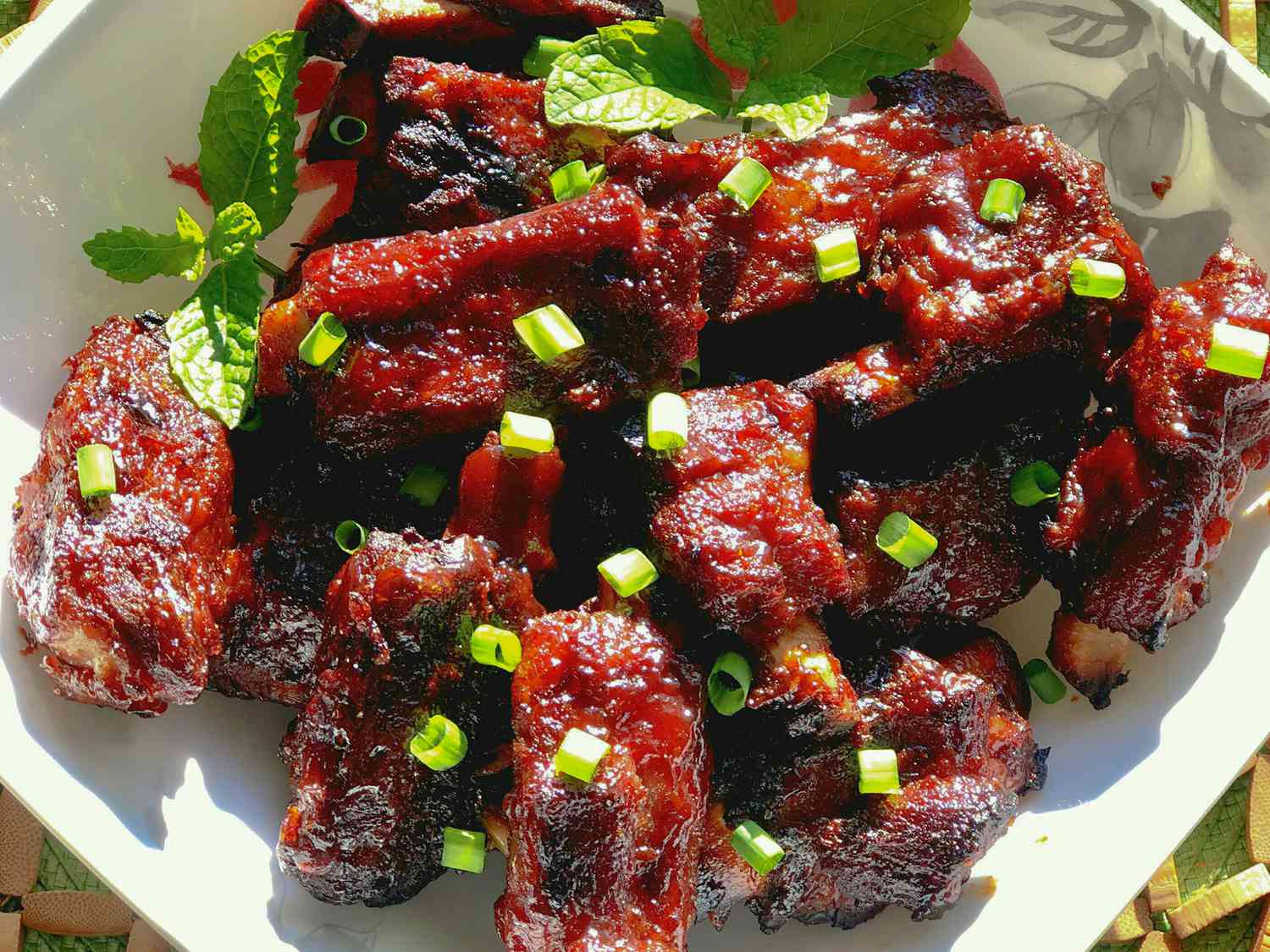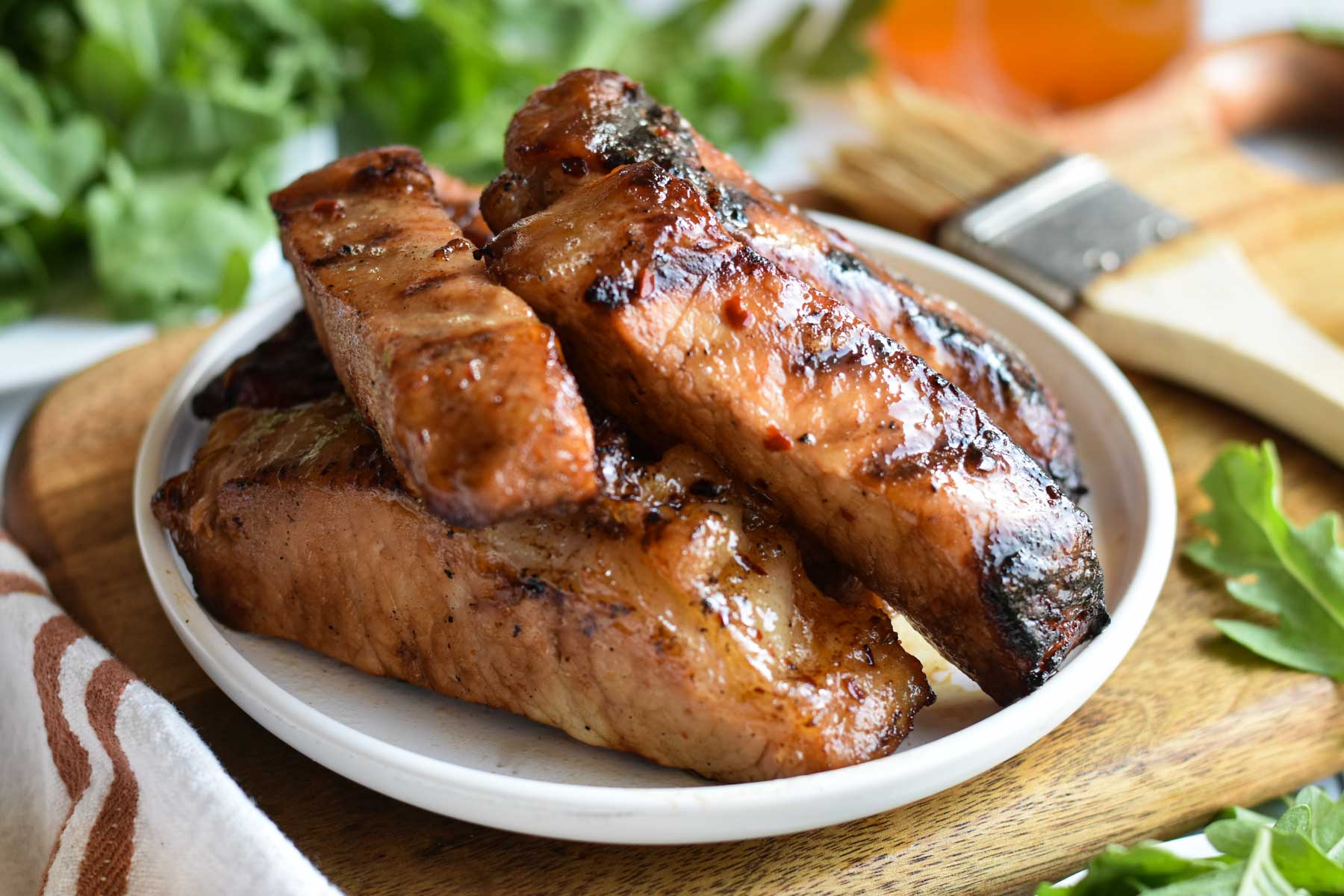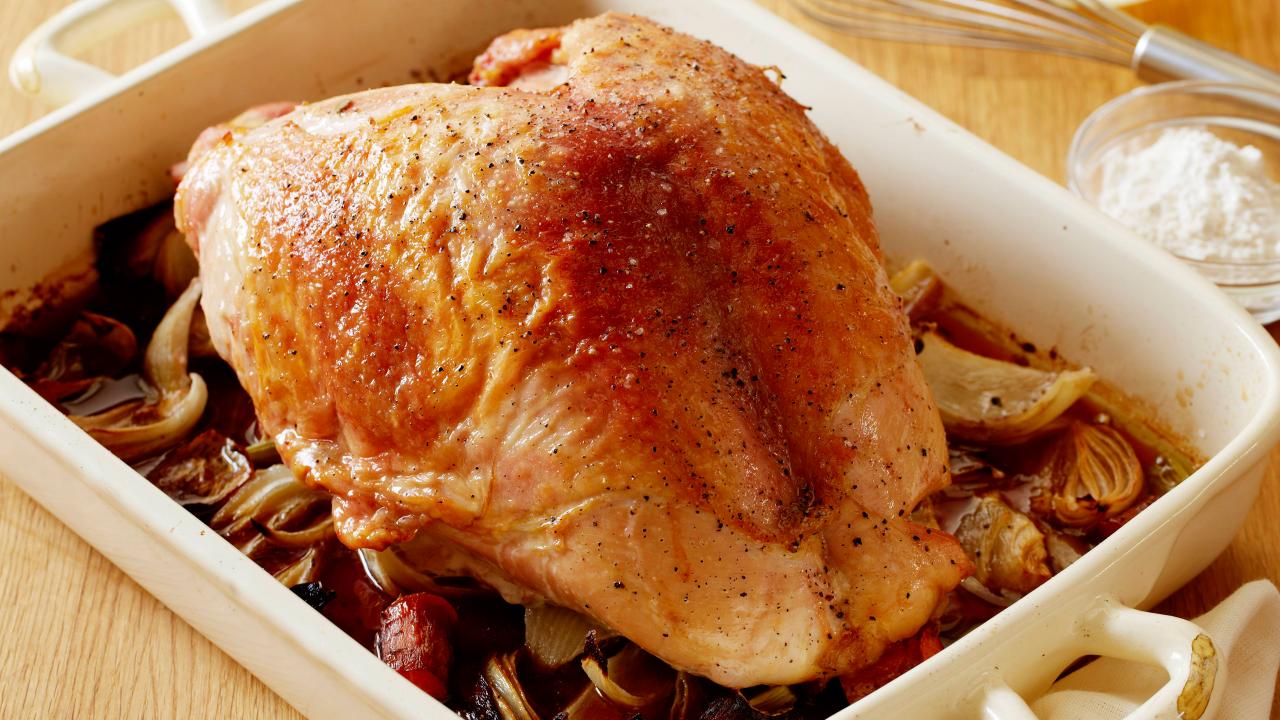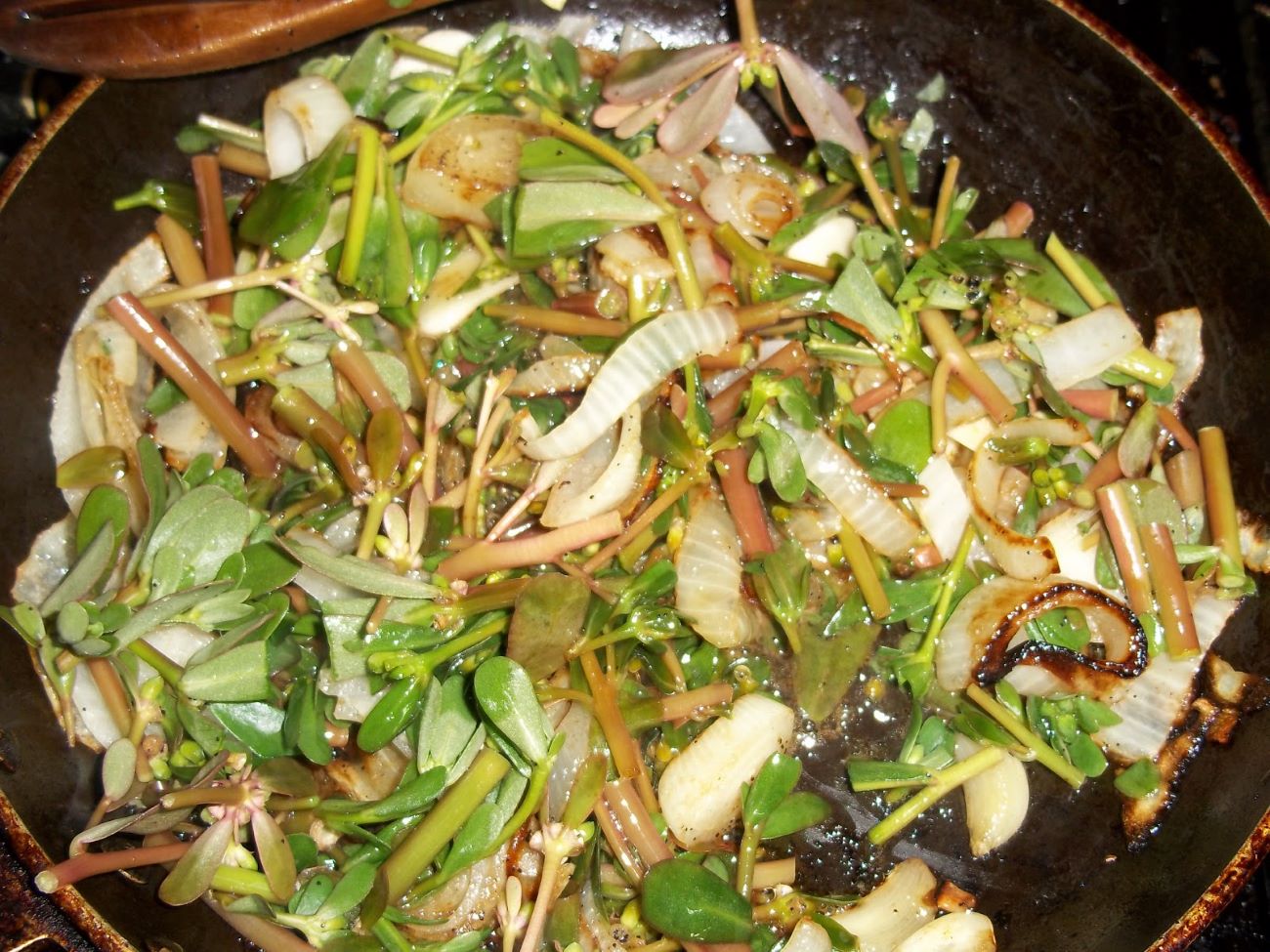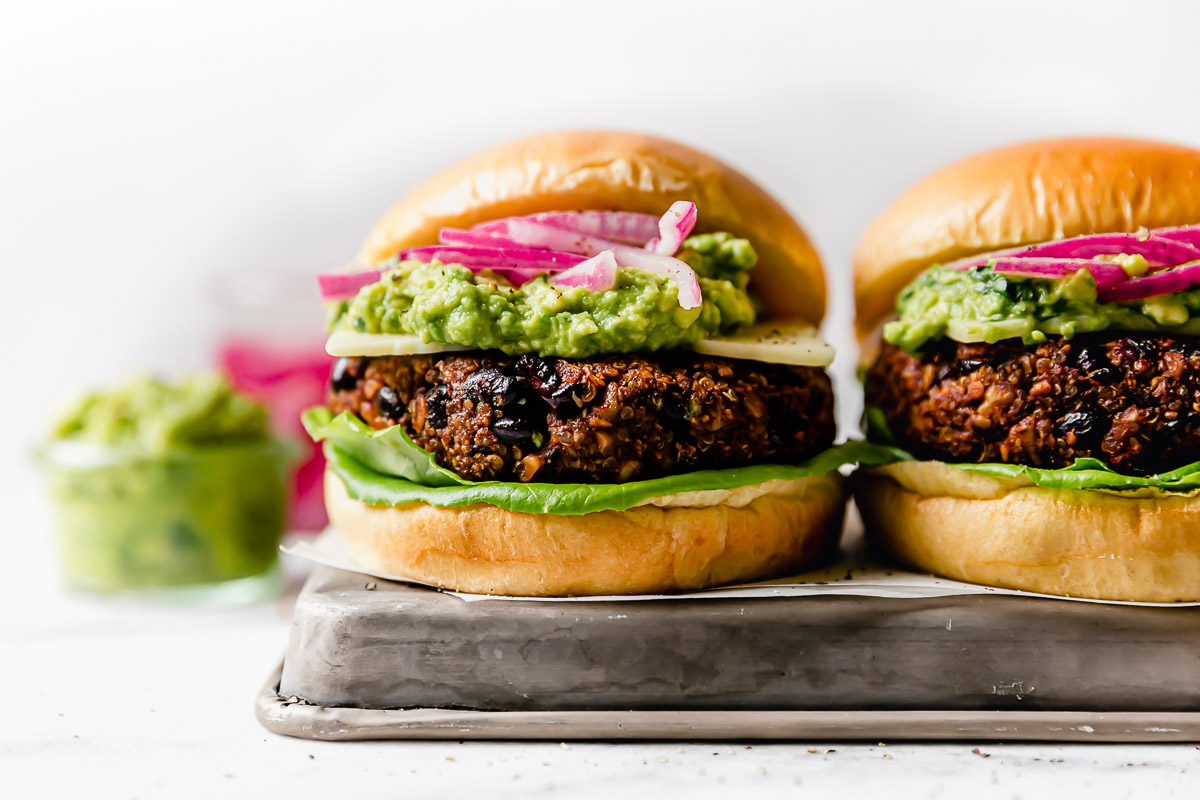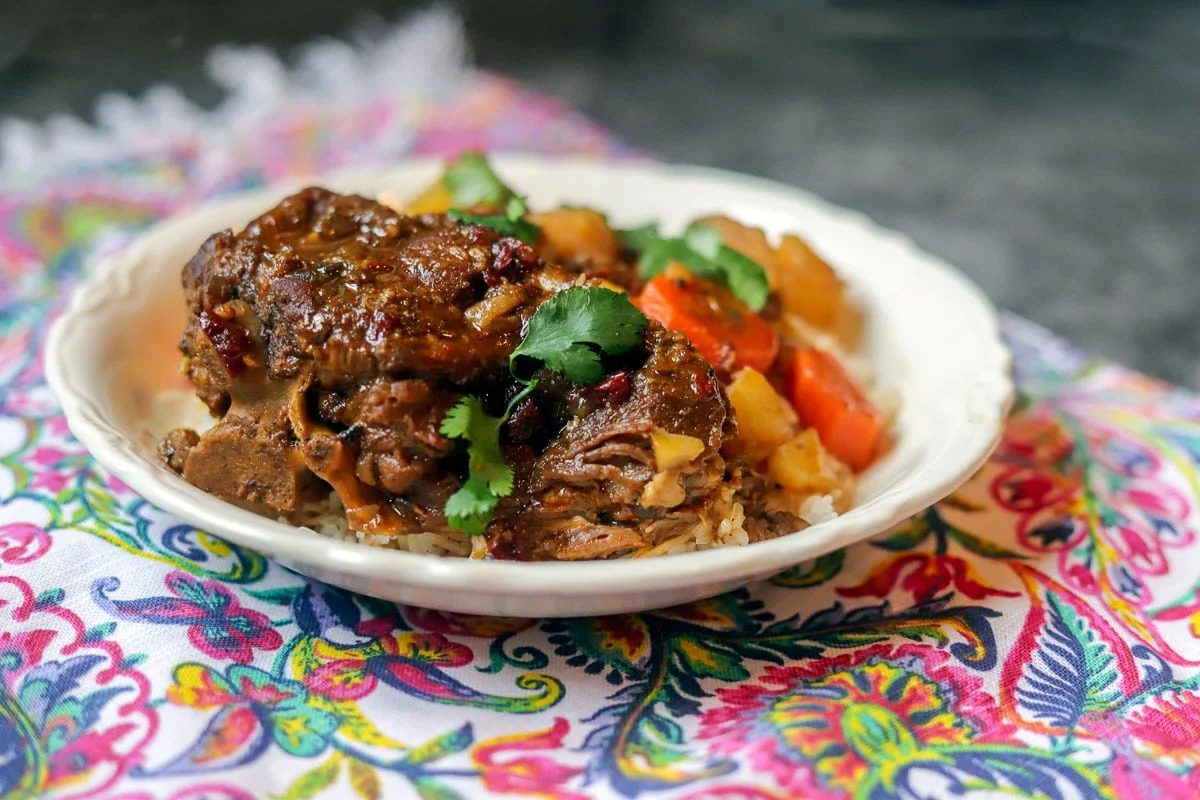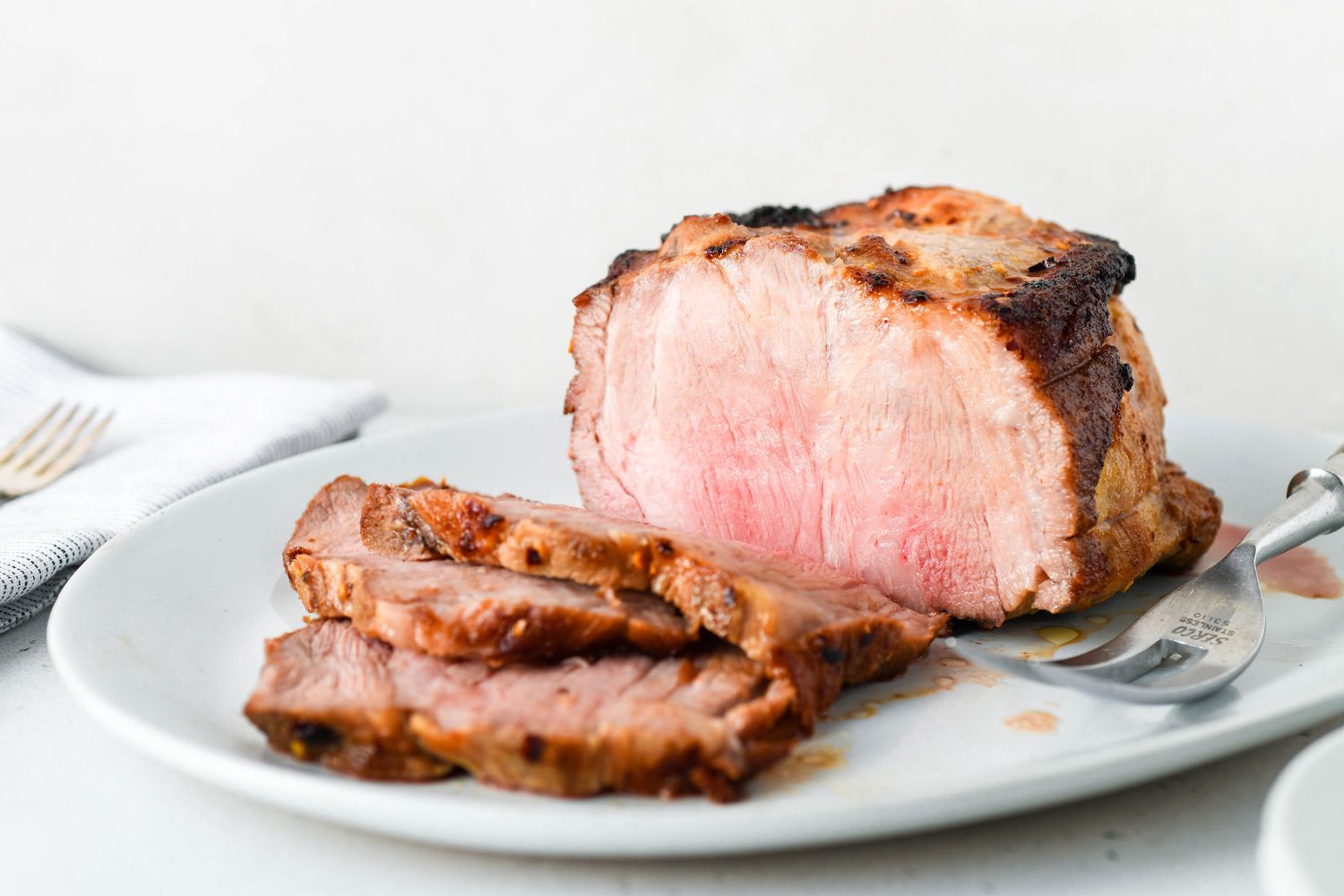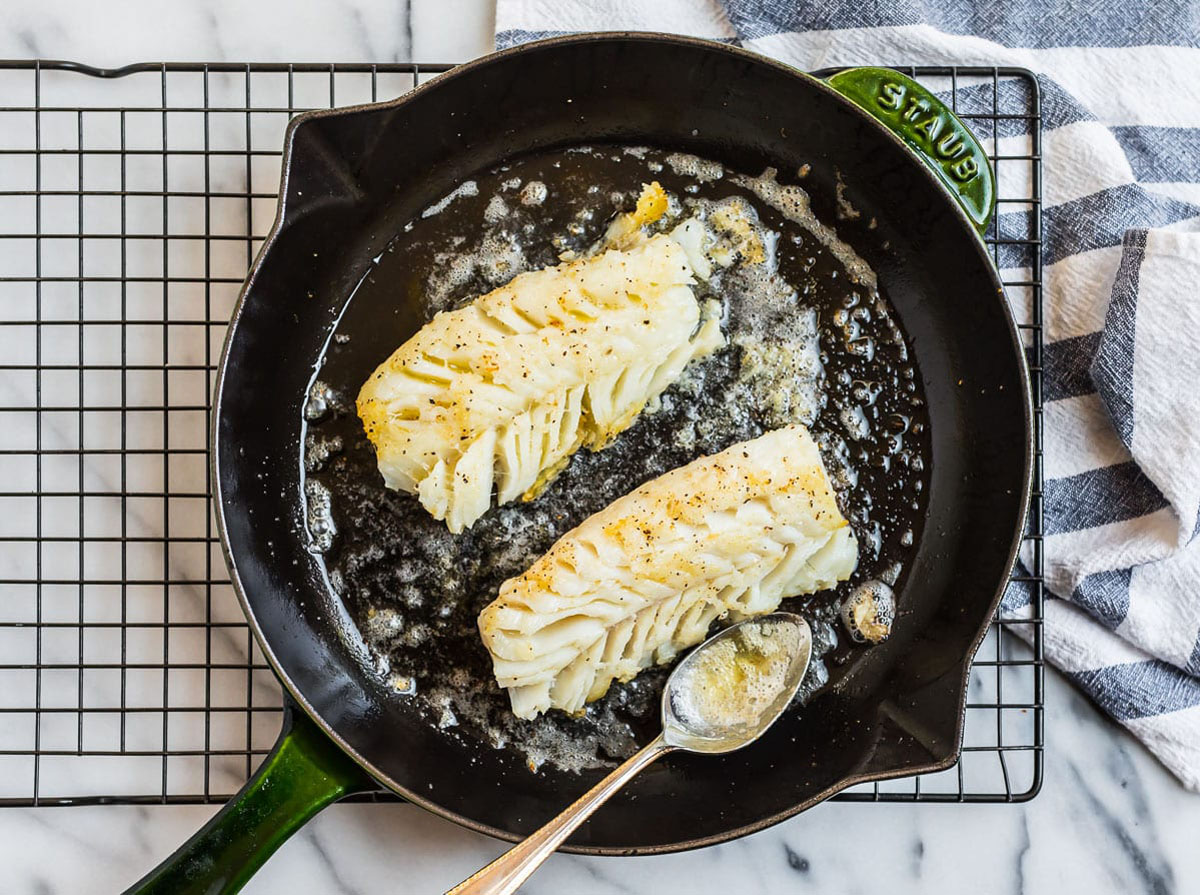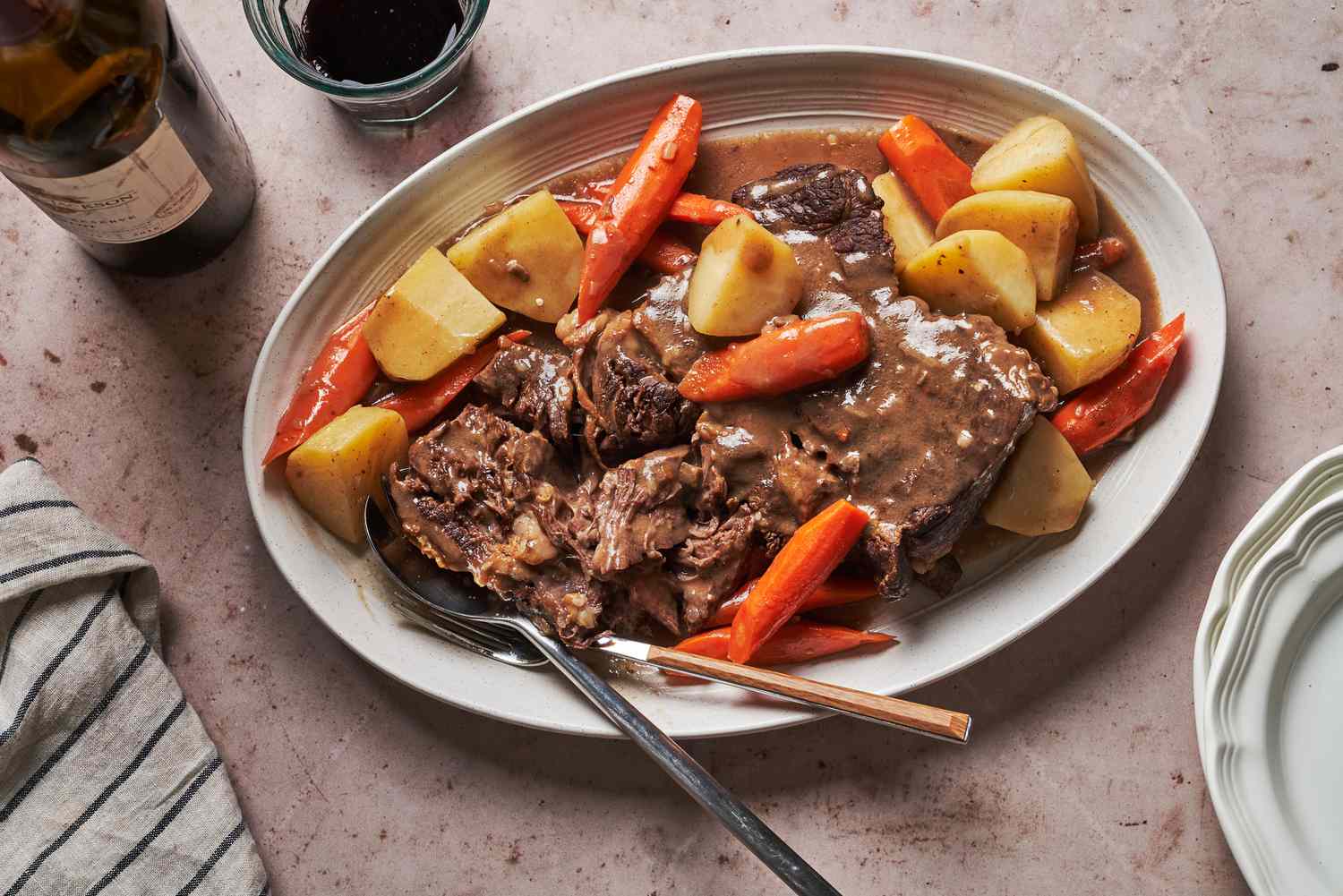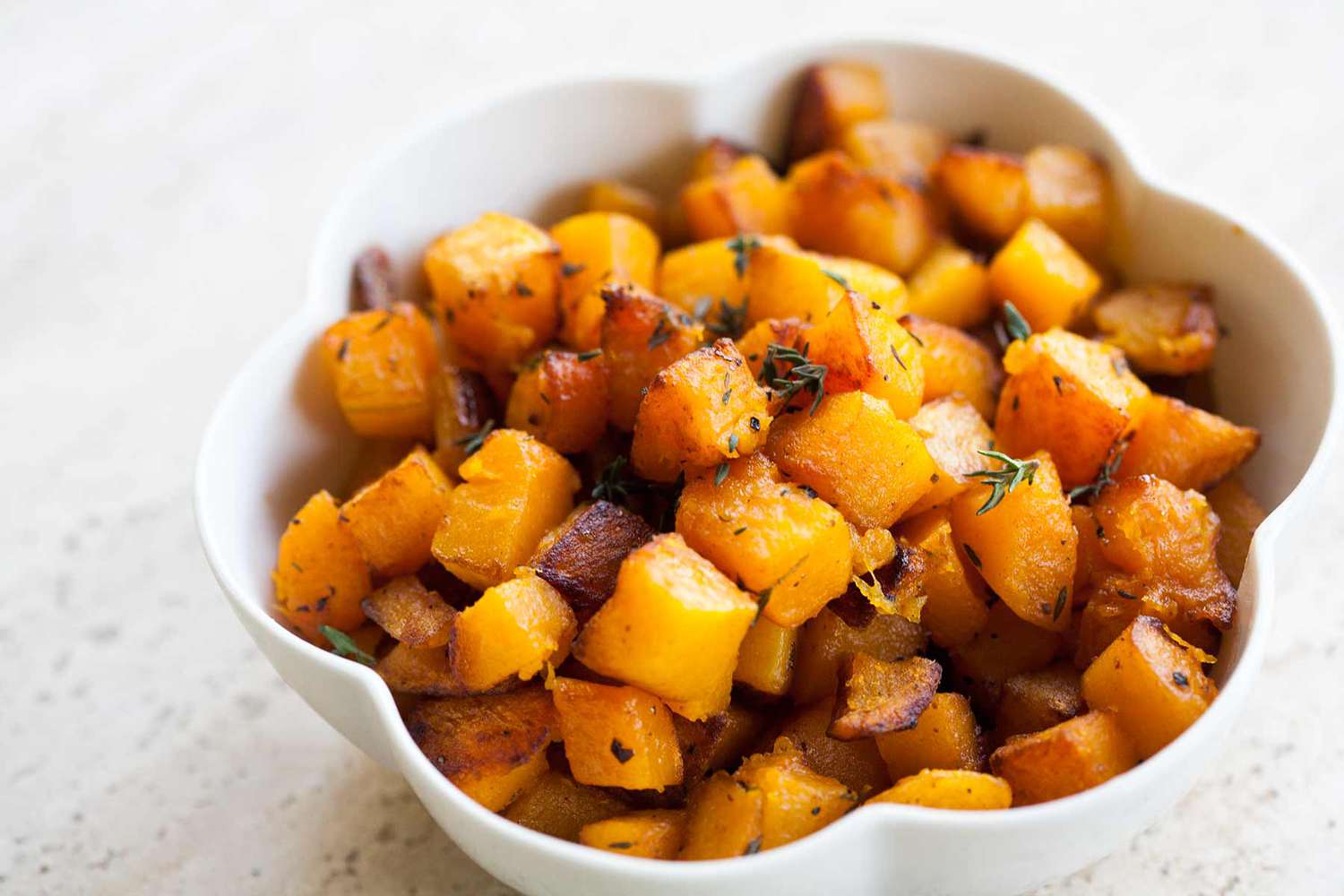How To Cook Eggs For Baby
Welcome to our ultimate guide on cooking eggs for your baby! Eggs are a great source of protein and nutrients, making them an excellent choice for introducing solid foods to your little one. However, it is important to cook the eggs properly to ensure they are safe and easy for your baby to digest.
Step 1: Selecting the Right Eggs
When it comes to choosing eggs for your baby, opt for organic, free-range eggs if possible. These eggs tend to have higher nutrient content and are free from harmful chemicals. Look for eggs with intact shells and check the expiration date to make sure they are fresh.
Step 2: Preparing the Eggs
Start by washing the eggs thoroughly under running water to remove any dirt or bacteria. Avoid using soap or detergent, as they can leave behind residue. Once clean, crack the eggs into a clean bowl and discard the shells.
Step 3: Cooking Methods
There are various methods you can use to cook eggs for your baby:
- Hard-Boiled Eggs:
- Scrambled Eggs:
- Poached Eggs:
Place the eggs in a saucepan and cover them with water. Bring the water to a boil, then reduce the heat and let the eggs simmer for about 8-10 minutes. Once cooked, remove the eggs from the heat, cool them under cold running water, and peel off the shells before serving to your baby.
In a non-stick pan, melt a small amount of unsalted butter or oil over low heat. Beat the eggs in a bowl and pour them into the pan. Stir continuously with a spatula until the eggs are fully cooked and no longer runny.
Fill a saucepan with water and bring it to a gentle simmer. Crack the eggs into individual small dishes or ramekins. Carefully lower each ramekin into the simmering water and poach the eggs for about 3-4 minutes until the whites are set and the yolks are still soft. Remove the eggs with a slotted spoon and let them cool before serving.
Step 4: Serving Suggestions
Once the eggs are cooked, it’s time to serve them to your baby! Here are some ideas:
- For younger babies, you can puree the cooked eggs with breast milk, formula, or a little bit of water to achieve a smooth consistency.
- For older babies who have started self-feeding, you can cut the cooked eggs into small, bite-sized pieces for them to pick up and eat.
- Try adding cooked eggs to other pureed fruits or vegetables for added flavor and nutrition.
- Remember to allow the eggs to cool down before serving, as hot food can be dangerous for your baby.
And there you have it! A step-by-step guide on how to cook eggs for your baby. Remember to consult your pediatrician before introducing eggs or any new food to your baby’s diet, especially if there is a family history of food allergies. Enjoy this exciting phase of your baby’s food journey!
Was this page helpful?
Read Next: How To Cook La Choy Chow Mein Noodles
